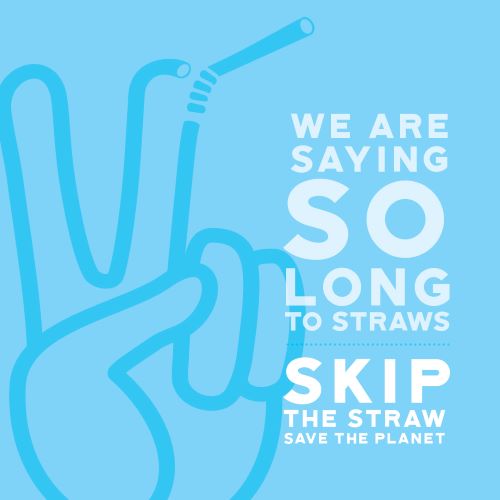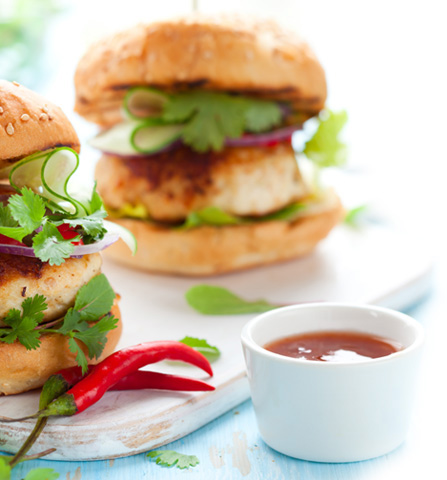Skip the Straw

What are made in 10 minutes, used for 20 minutes, and remain on earth forever?
The answer is plastic straws and they are typically overlooked in the efforts to reduce single use plastics. However, they contribute greatly to ocean pollution and are extremely damaging to aquatic life. Because they are typically not recycled, straws frequently wind up in landfills and oceans where they do not biodegrade. When plastic does make it into the ocean, it breaks down into small pieces known as microplastics rather than biodegrading or dissolving, which poses great threats to marine life including fish. In fact, 19 million pounds of plastic is exposed and consumed by 90% of all marine animals. Plastic straws, which are among the top 10 items found in ocean cleanups, pose a particular risk to sea turtles as straws endanger them through entanglement, poisoning, and starvation.
Americans use about 500 million straws each day which is enough to wrap around the earth 2.5 times. Fortunately, the straw-less movement has been growing over the past few years and some cities throughout the country are starting to ban single-use plastic straws. Where straws are still available, it is advised to “Skip the Straw.” As an item of convenience for the vast majority of us, refusing the single-use plastic straw is the easiest and simplest way for everyone to take action today to address plastic pollution. As an alternative to purchasing plastic straws, there are several options available including marine-degradable paper straws, and those made out of stainless steel, silicone, glass, and even plant based materials including bamboo, sugarcane and wheat! It is important to note that while compostable plastic straws are available, they are no better than regular plastic straws when they get into the marine environment. They are designed to break down in compost facility conditions, not sea water.
A healthy ocean is critical for human health and well-being. Remember, plastic in the ocean can leech into the public drinking supply. Do your part by skipping the straw in your home or when dining out. Ask for plastic free alternatives at dining establishments or bring your own reusable straws.

